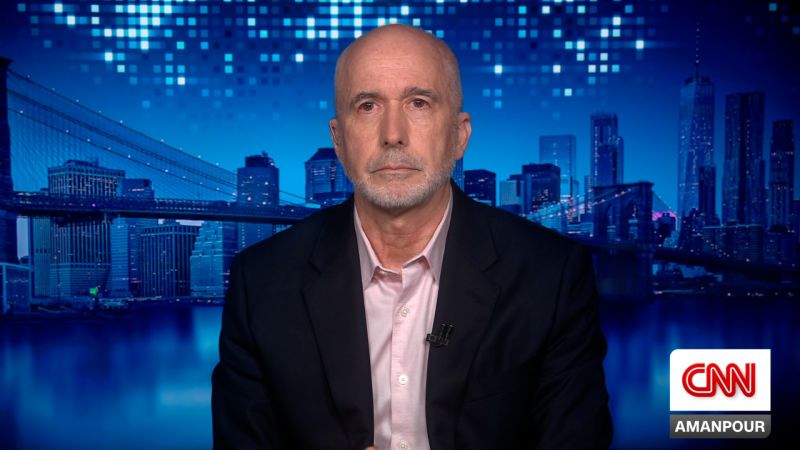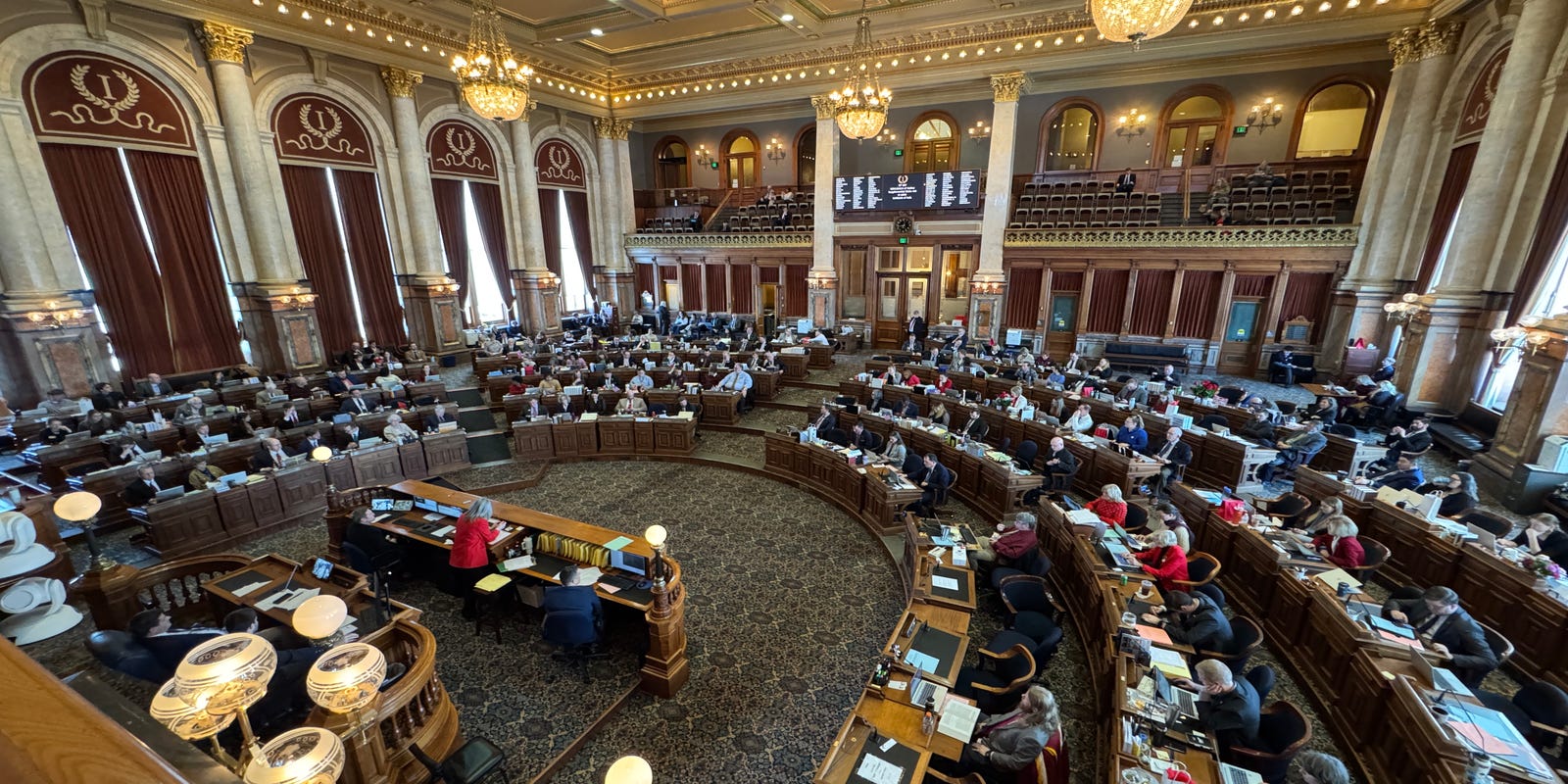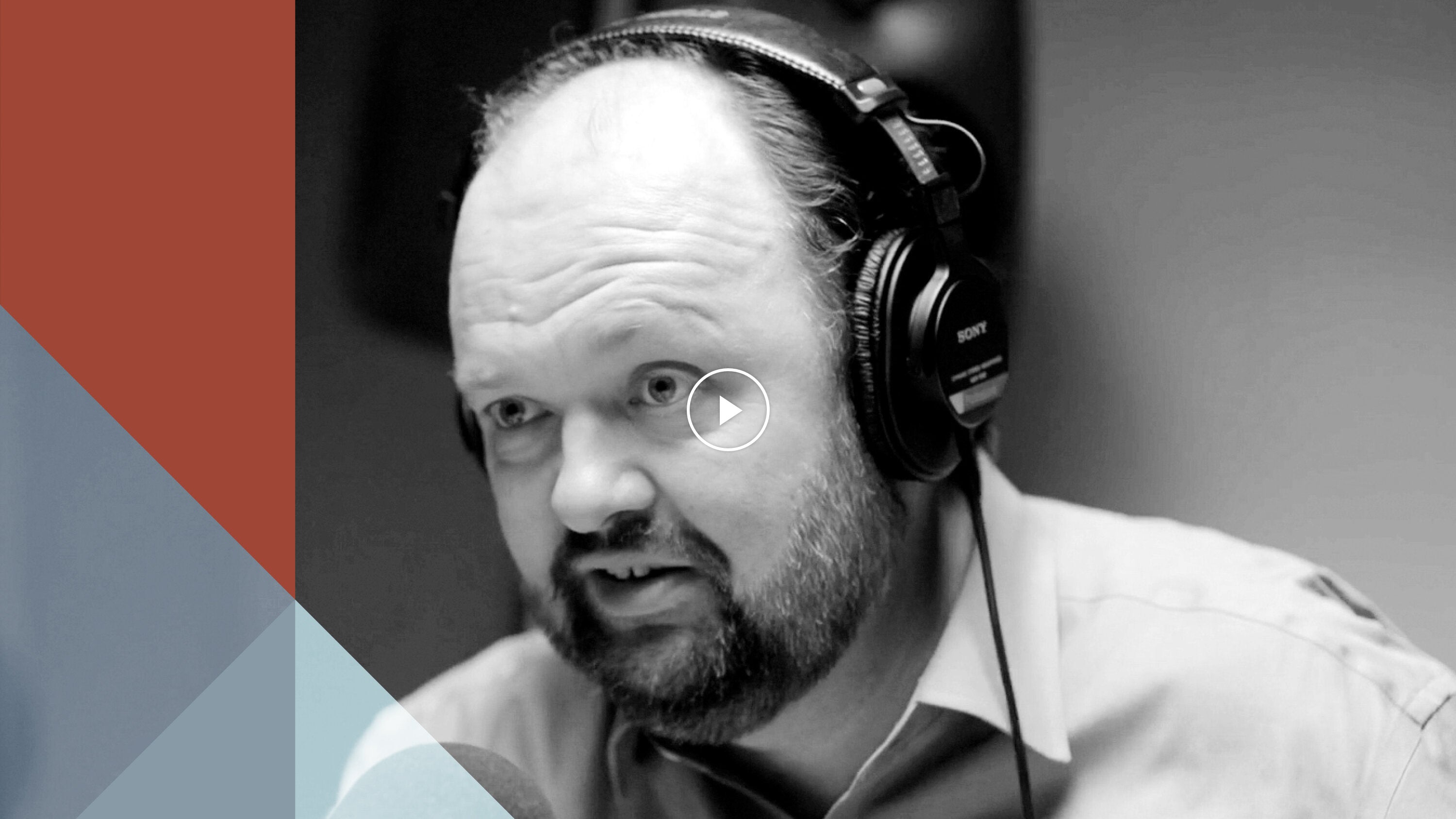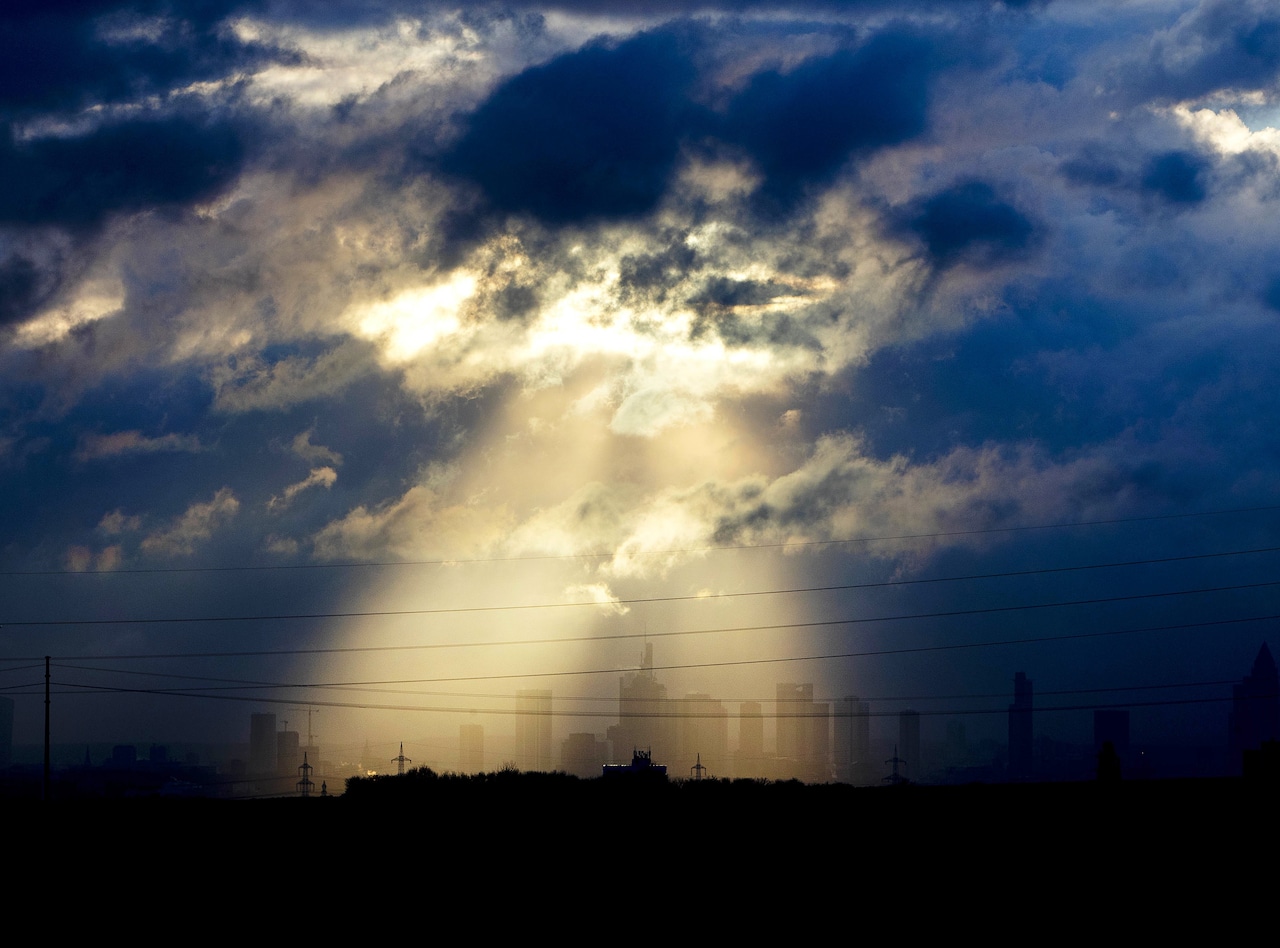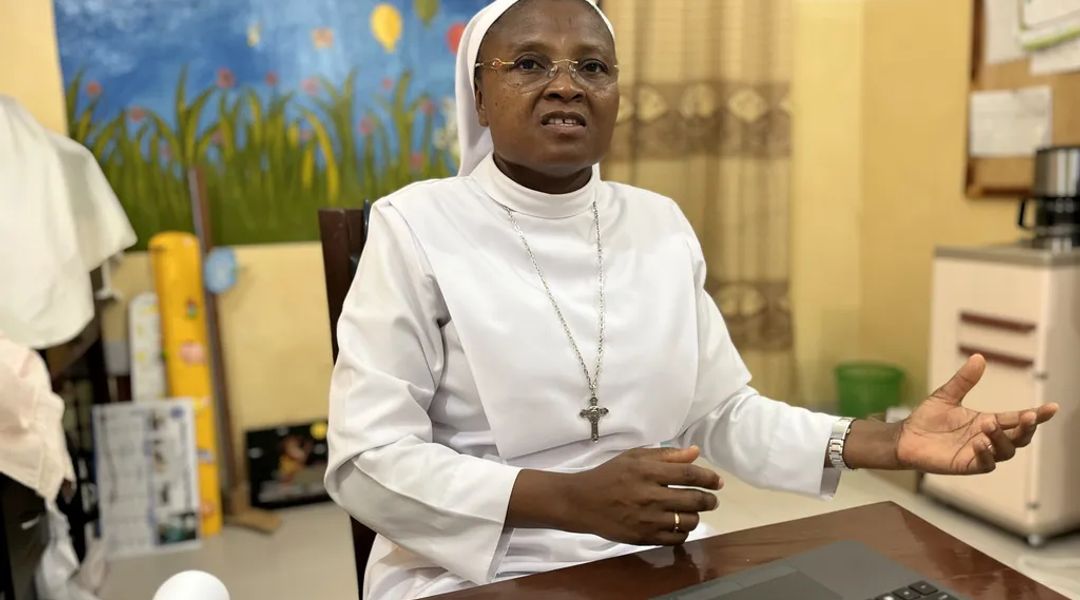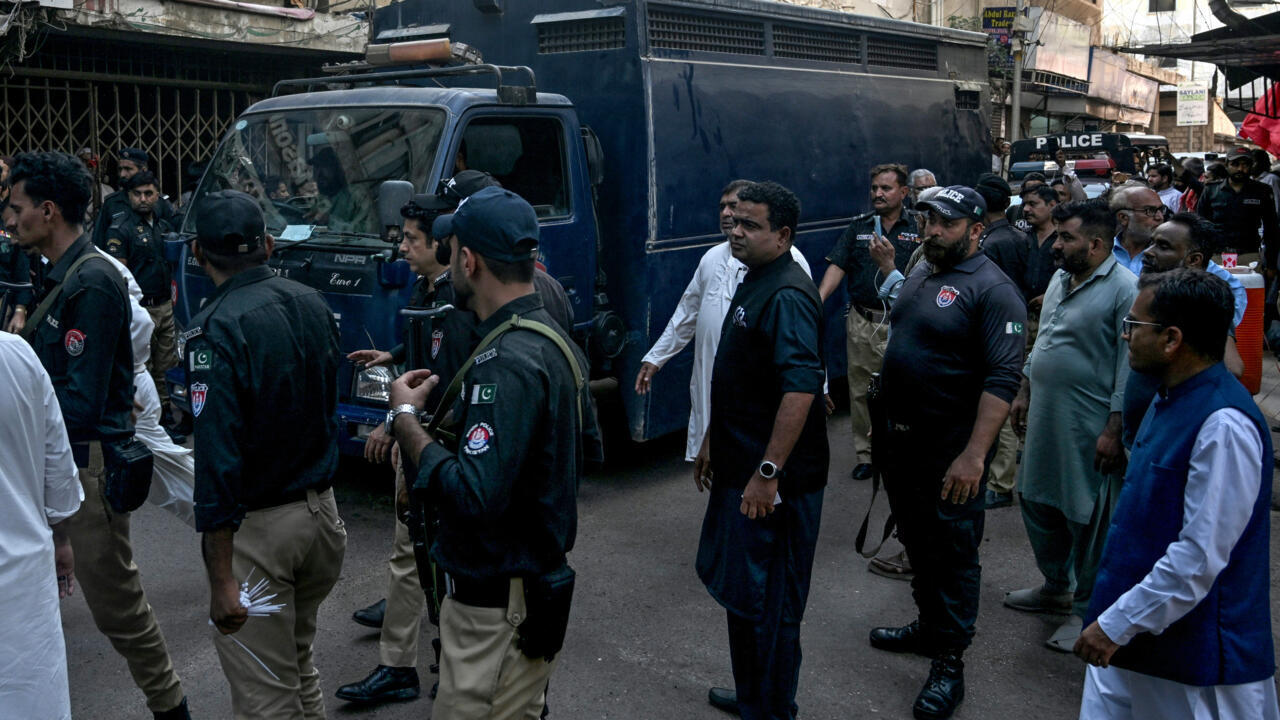Divine Conflict: When Faith Meets War in Ukraine's Struggle
Religion
2025-03-25 10:00:00Content
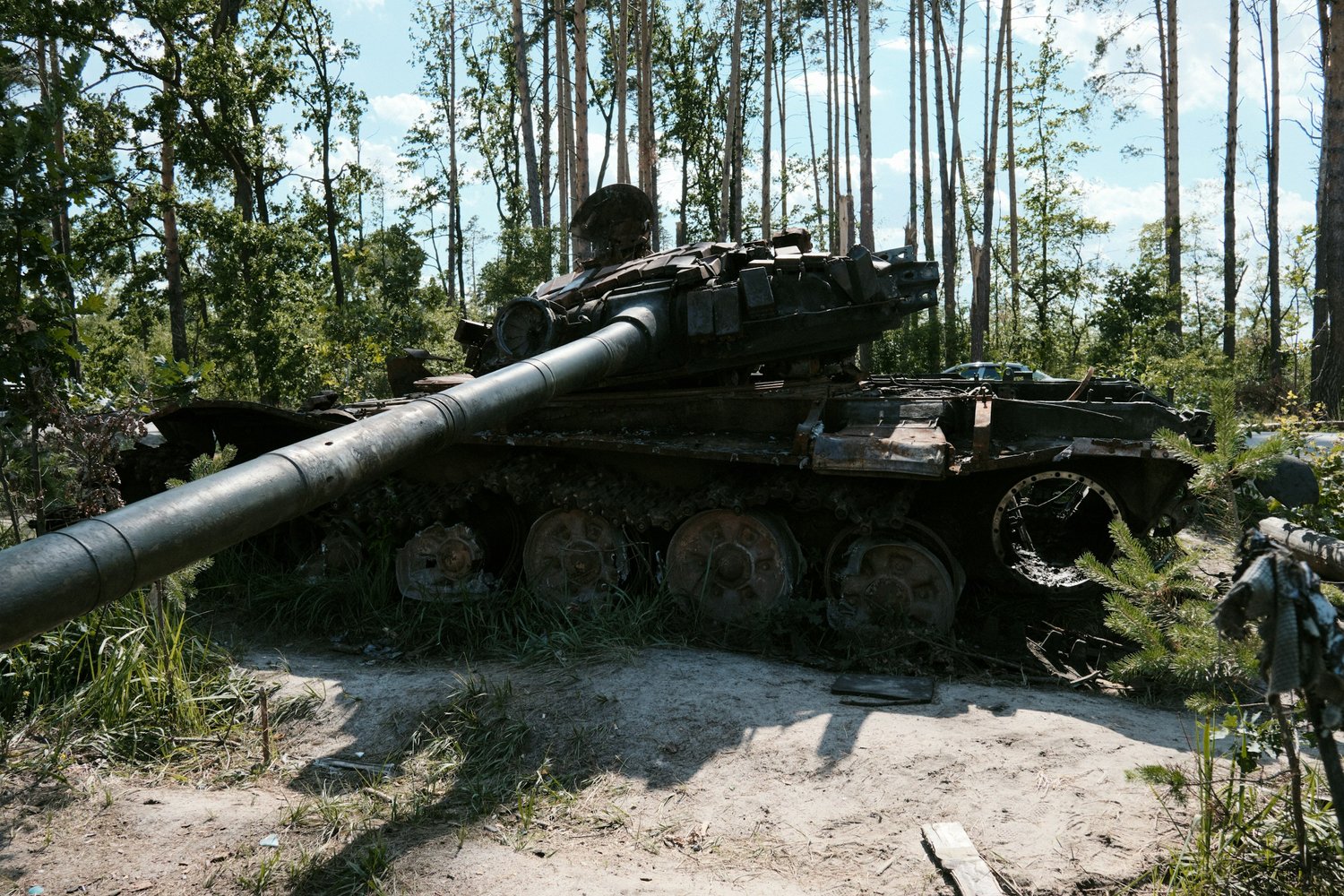
In the complex geopolitical landscape of Eastern Europe, the ongoing conflict between Ukraine and Russia has sparked intense diplomatic negotiations and heated religious discourse. As peace talks unfold, involving Ukraine, the aggressive Russian regime, pro-Ukrainian European nations, and the Trump administration, the nuanced dynamics of this international crisis continue to evolve.
The Russian invasion of Ukraine has not only triggered a humanitarian crisis but also ignited profound discussions about territorial sovereignty, religious perspectives, and the delicate balance of global power. Religious leaders and scholars from various backgrounds have been weighing in, offering insights into the moral and spiritual dimensions of this conflict.
The negotiations represent a critical moment in international relations, with each stakeholder bringing unique perspectives and strategic interests to the table. As diplomats and mediators work tirelessly to find a peaceful resolution, the world watches with bated breath, hoping for a diplomatic breakthrough that can restore stability and prevent further escalation of this complex and volatile situation.
Unraveling the Religious Dimensions of the Ukraine-Russia Conflict: A Comprehensive Analysis
In the complex geopolitical landscape of Eastern Europe, the ongoing conflict between Ukraine and Russia has transcended traditional military and political boundaries, revealing a profound and nuanced religious undercurrent that challenges conventional understanding of international relations and spiritual diplomacy.When Faith Becomes a Battlefield: Exploring the Spiritual Tensions of Modern Warfare
The Theological Roots of Conflict
The religious landscape of the Ukraine-Russia conflict is far more intricate than surface-level observations might suggest. At its core, the tension represents a deep-seated theological struggle that extends beyond territorial disputes. The Orthodox Christian traditions shared by both nations create a unique paradox where religious brotherhood coexists with geopolitical animosity. The historical connection between Russian and Ukrainian Orthodox churches reveals a complex narrative of spiritual identity and political manipulation. Russian Orthodox leadership has consistently attempted to leverage religious narratives to justify territorial claims, presenting a sophisticated form of soft power that intertwines spiritual rhetoric with nationalist ideology.Ecclesiastical Power Dynamics
The religious dimension of this conflict goes beyond mere theological differences. It represents a strategic battleground where ecclesiastical institutions wield significant political influence. The Ukrainian Orthodox Church's quest for autocephaly (religious independence) from the Moscow Patriarchate symbolizes a broader struggle for cultural and spiritual autonomy. Religious leaders on both sides have played pivotal roles in shaping public perception and national narrative. The Moscow Patriarchate's resistance to Ukrainian ecclesiastical independence reflects deeper geopolitical tensions, transforming religious institutions into complex political actors with substantial soft power capabilities.Spiritual Diplomacy and International Mediation
International religious diplomacy has emerged as a critical yet often overlooked mechanism for conflict resolution. Various religious institutions and interfaith dialogue platforms have attempted to bridge the theological and political divides between Ukraine and Russia, offering alternative pathways to reconciliation. These diplomatic efforts highlight the potential of religious leaders to transcend traditional political boundaries, providing unique channels of communication and understanding that conventional diplomatic mechanisms often fail to achieve. The nuanced approach of spiritual diplomacy offers a multifaceted perspective on conflict resolution.Psychological and Cultural Implications
The religious dimensions of the conflict extend far beyond institutional structures, penetrating deep into collective psychological and cultural narratives. Religious identity serves as a powerful mechanism for community cohesion, resistance, and collective memory, influencing individual and societal perceptions of conflict. The psychological impact of religious narratives in wartime cannot be understated. They provide meaning, justification, and emotional resonance that traditional political discourse often fails to generate, creating complex layers of interpretation and understanding that shape collective responses to conflict.Global Religious Perspectives
The Ukraine-Russia conflict has attracted global religious attention, with various international faith communities offering perspectives that challenge and complement mainstream political narratives. These diverse viewpoints demonstrate the increasingly transnational nature of religious discourse in contemporary geopolitical conflicts. Religious institutions worldwide have responded with nuanced statements that balance diplomatic sensitivity with moral conviction, revealing the evolving role of faith in international relations and conflict resolution.RELATED NEWS
Religion

Explosive Trailer: Vimal's 'Paramasivan Fathima' Ignites Heated Debate on Religious Tensions and Social Fault Lines
2025-03-16 09:37:00
Religion

Religious Freedom Under Siege: State Department Urged to Spotlight 16 Nations Violating Human Rights
2025-03-29 02:15:00
